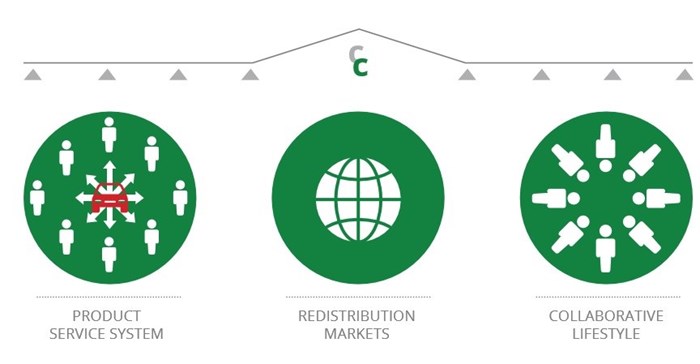Can technology-enabled collaborative consumption drive prosperity in Africa?
This is a result of several factors among them, the following:
- • The post 2008 consolidation of global commerce• Technological progress and innovation have resulted in new industries, new modes of production and new commerce altogether. Interestingly a substantial and growing number of new billionaires in the world are in technology related industries.
One of the unfortunate consequences of this rate of accumulation has been the growth of inequality between; the ultra-rich on one hand and the resources that they control, and the vast numbers of people living in poverty and the resources available to them (or resources not accessible to them), on the other hand. This, together with the substantial growth of the middle class, especially in emerging economies, has created an interesting global socio-economic environment.
Another unfortunate consequence of the current trajectory of wealth accumulation is the resultant environment degradation that has occurred because of the current mode of accumulation. The rate of environmental degradation resulting from emissions from energy sources that have been necessary to drive the current trajectory of growth, loss of natural habitats like forests due to deforestation and the harvesting of natural resources, etc. Many sociologists and political economists have raised concerns that the current economic trajectory is not sustainable due to its resource intensity.
Enter collaborative consumption. Collaborative consumption is a new economic model. TIME magazine names collaborative consumption among 10 ideas that will change the world. Essentially, collaborative consumption is when people swap ownership for access to various assets that they need for their lives. Instead of buying and owning the asset, people rather choose to hire the asset as and when they need to use the asset. At the same time, this provides an opportunity for owners of assets that are otherwise dead assets and earn revenue by leasing them out to other people.
Forms of collaborative consumption
Collaborative consumption may take various forms:

• Product-service systems, also known as peer-to-peer collaboration, in which privately owned assets are made available for rental to others through various platforms. Assets in this category may include cars, houses, equipment, etc.
• Redistribution markets, where people can pass on used or pre-owned assets to others using various platforms. Items used in this model include clothes and other household items.
• Collaborative lifestyles - which is when people with common interests share intangible assets like time, space, skills, etc.
Companies leveraging the shared economy
A variety of companies have seen the opportunity in the collaborative consumption or shared economy space and have cornered various niches of this market and have demonstrated not just their own growth, but also bringing down the costs of accessing various assets. Some of the best known of these companies include AirBnB, which facilitates the renting of different types of properties, Uber which links spare capacity in vehicles to people who need that mode of transportation. Interestingly, most of these companies were founded between 2009 and 2012 in the wake of the post 2008 recession, as people were looking for more cost effective ways to carry on their lives.
The sharing economy has also been facilitated by the growth of technological innovation occasioned mainly by the emergence of smartphones and tablets. The emergence of these technologies has been driven by and led to growth in the development of applications that are used on smartphones. These applications and related social media have been the driving force behind the growth of the sharing economy.
Collaborative consumption is a more sustainable path of growth and prosperity. It has the potential of addressing some of the negative impacts of the current mode of accumulation and consumerism, as well as address some of the social issues facing many communities in Africa.


























